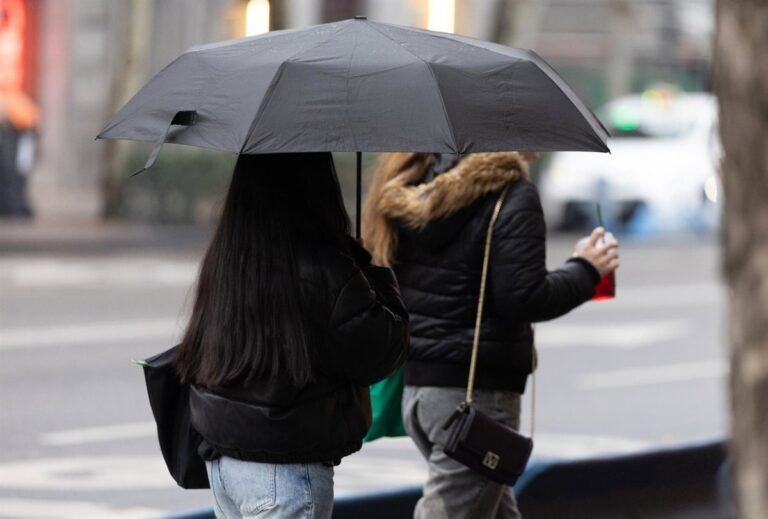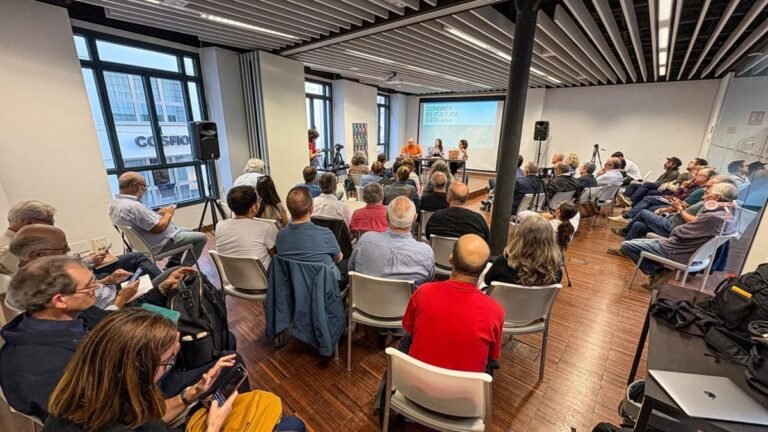
The TSJM supports the actions of the Ministry and urges Airbnb to remove a first batch of 5,800 ads from its platform
The Ministry of Social Rights, Consumption, and the 2030 Agenda has imposed on the company Airbnb the blocking of almost 66,000 illegal advertisements for tourist accommodations hosted on its platform, some of them in the Valencian Community, as reported on Monday by the Department led by Pablo Bustinduy in a statement.
Through the General Directorate of Consumption, the Ministry has urged the Irish subsidiary of this multinational to remove a total of 65,935 ads, considering them illegal for contravening the regulations on the advertising of this type of tourist accommodation.
Specifically, it considers that the regulations of the different autonomous communities where Consumption has detected these ads are being violated. In all cases, they are complete tourist accommodation, without individual room ads.
In recent months, the Ministry has sent Airbnb up to three resolutions notifying them of these more than 65,000 illegal ads for tourist accommodations detected on their platform, resolutions in which the company was urged to block this advertising.
Airbnb appealed this action to the courts to avoid the block, and now the Superior Court of Justice of Madrid (TSJM) has ruled on the first resolution by issuing an order endorsing Consumption’s actions.
In response to the Ministry’s directive in its first resolution, the TSJM urges Airbnb to immediately remove 5,800 tourist accommodation ads.
WHY ARE AIRBNB ADS ILLEGAL?
The General Directorate of Consumption argues three reasons to justify the illegality of the 65,935 tourist accommodation ads detected on Airbnb that would be in breach of different regulations.
First, the ads do not include the license or registration number, something mandatory in several autonomous regulations, which is the most common infringement in the analyzed advertising.
Additionally, the ads do not indicate the legal nature of the lessors, so it is unknown whether the lessors are professionals or individuals, a crucial issue to determine if the contracting party is protected as a consumer or not.
Thirdly, the ads include license numbers not issued by the authorities, a practice that «can mislead or deceive» consumers.
The ads that the TSJM ruled on in the order affect the advertising of tourist accommodations in the communities of Andalusia, Madrid, Catalonia, Valencian Community, Balearic Islands, and Basque Country.
Based on this issue, Minister Bustinduy has publicly expressed his goal of cooperating with competent public administrations «to end the lack of control and widespread illegality of tourist accommodations,» as well as to promote access to housing and safeguard consumer rights.
For this reason, Consumption is working on various complementary actions to those that other authorities may develop, explains the Ministry, which has stated that it is «doubling down on its commitment to this cause» by providing the information gathered by the Consumption Analysis Unit and offering technical assistance to other administrations to act in this direction and put an end to «the thousands of illegal ads detected.»
In this context, the General Directorate of Consumption opened a sanctioning procedure in December 2024 against a tourist housing rental platform for a potential violation of Consumption regulations on the advertising of license numbers.
Similarly, in February 2025, sanctioning procedures were opened against major managers of tourist accommodations for not correctly indicating the legal nature of the lessor.
These sanctioning procedures are ongoing regardless of the measures now announced. Additionally, on March 27, a sanctioning procedure was also opened against a major real estate agency for abusive practices against tenants.






